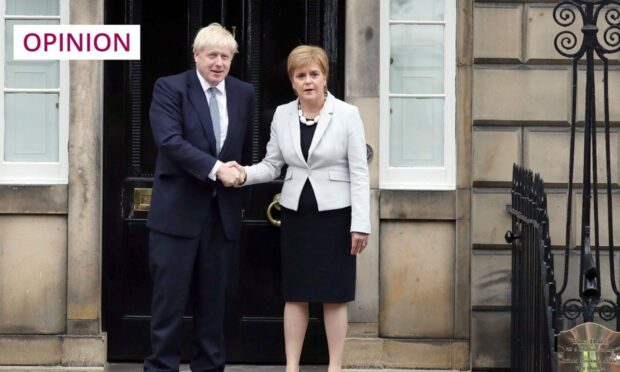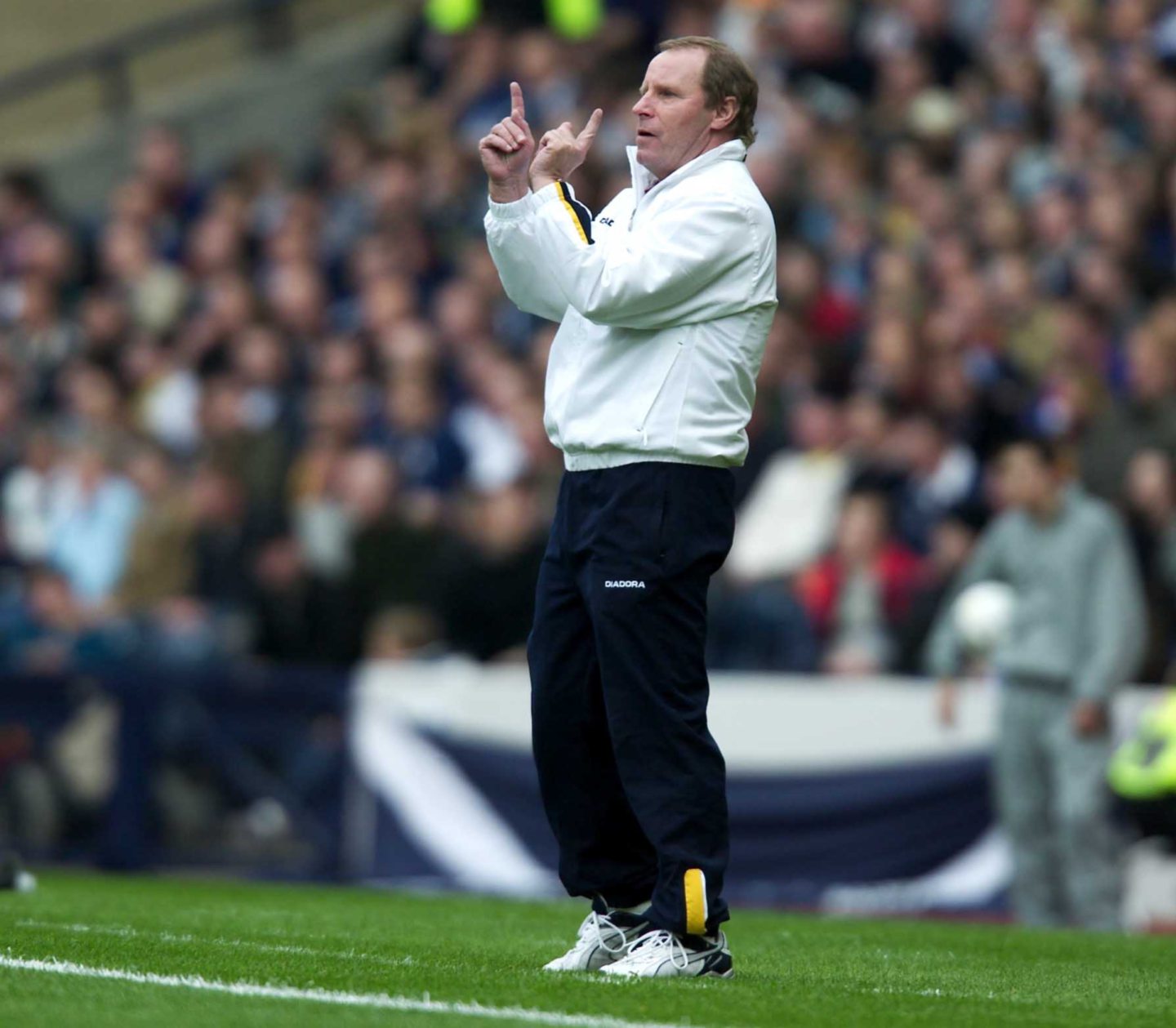During this unpredictable era in UK politics, you’d be foolish to bet against anything, writes James Millar.
Political betting is an odd corner of the gambling market. The big bookmakers essentially use it as a marketing tool.
Politics is unpredictable and few pundits actually put their money where their mouth is. Yet, the big brands happily spew out odds for elections of all sorts, in anticipation of scooping up a bit of coverage.
Certain gambling rules are universal, however. There’s still some cache in being the bookies’ favourite.
And, as with all types of betting, a little bit of knowledge goes a long way. For example, a friend cleaned up in 2015 with a wager that the Greens would get more seats than Ukip at that year’s general election.
Nigel Farage may have been riding high at the time and his party outperforming the Greens in the polls, but our electoral system and the fact that he’s a tiresome, honking walnut, have always counted against him. Caroline Lucas won one for the Greens while Ukip returned no MPs yet again, and my friend cashed out a tidy drinking fund.

By the same token, those with any sort of insight bridled at the bookies installing Angus Robertson as early favourite to succeed Nicola Sturgeon. He may be the only candidate that anyone in Ladbrokes or William Hill HQ have ever heard of, but those in the know knew he was reluctant to stand.
With an unknown and essentially unknowable electorate, betting on the current SNP leadership contest is, as so often when gambling, a mug’s game.
Could old favourites make a comeback?
There is a more interesting bet to be made around the SNP leader after next. What Nicola Sturgeon does now remains an unanswered question. Might she rest, recharge, and return?
There’s precedent, of course. Alex Salmond had two stints as SNP leader. The next leader is destined to be the Berti Vogts of nationalism: they will inevitably pale in comparison to the success of their predecessors. Should they tank at the general election next year, could the call go up to bring back the most reliable election winner in Scots politics – one Nicola Sturgeon?
That’s an intriguing bet to begin with. But, why not multiply up the odds? There’s another former leader who we know is hell-bent on a return – Boris Johnson. Should the Tories still be trailing in the polls come next summer, there’s plenty in the party who will agitate to bring back the man who won a tidy majority in 2019.
It’s a long shot but, in 2025, the biggest political parties in Westminster may be led by the same people who led them in 2020 – Keir Starmer, Boris Johnson, and Nicola Sturgeon.
You’d be foolish to bet on it – but, during this unpredictable era in UK politics, don’t bet against it either.
James Millar is a political commentator, author and a former Westminster correspondent for The Sunday Post


Conversation